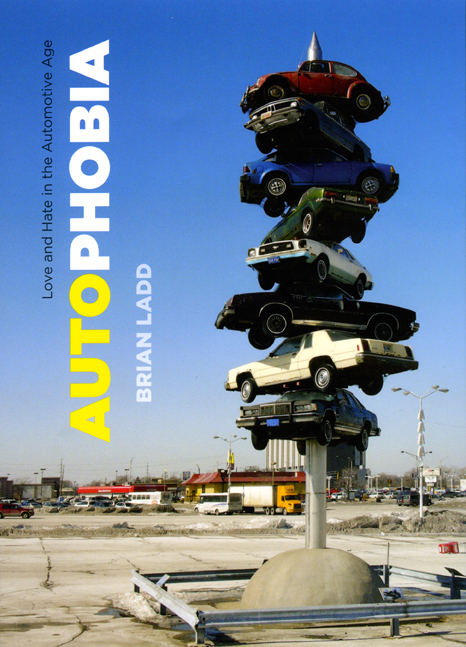The end of the road?
 Heads of the Big 3 automakers were back in Washington, D.C. this week to ask Congress for a bailout to to forestall financial collapse. After a disastrous visit to Congress in mid-November—to which the chief executives of Ford, Chrysler, and GM flew in private jets—the representatives from Detroit returned to plead their case for $34 billion in loans, much of it taxpayer funded. The very survival of an American industry—and an American product—hangs in the balance.
Heads of the Big 3 automakers were back in Washington, D.C. this week to ask Congress for a bailout to to forestall financial collapse. After a disastrous visit to Congress in mid-November—to which the chief executives of Ford, Chrysler, and GM flew in private jets—the representatives from Detroit returned to plead their case for $34 billion in loans, much of it taxpayer funded. The very survival of an American industry—and an American product—hangs in the balance.
But the controversy the plan—and the conduct of the execs—has engendered is nothing new. In fact, paradox of the passion we have for our cars—the independence and the freedom they represent—and the conclusion they are the scourge of civilization—responsible for suburban sprawl, urban decay, environmental devastation, rampant climate change, and dependence on foreign oil—is not a recent development. Brian Ladd’s new book Autophobia: Love and Hate in the Automotive Age reveals that this vexed relationship with the automobile is nothing new—in fact, debates over whether cars are good or evil have raged ever since the automobile was invented. And, in a new age of automaker bailouts, this love/hate relationship will extend beyond the boundaries of our dashboards to executives who make the decisions in Detroit.
Ladd’s been logging lots of miles recently for Autophobia. He appeared on KERA’s Think Tuesday to discuss the book (listen to a podcast of the episode here) and will be a guest on KPCC’s Patt Morrison program on Thursday. And Ladd’s got a piece up on Slate today explaining how the Big Three’s lost clout in Washington may actually help the auto industry.
For more Autophobia, read an excerpt , listen to an interview with the author, or check out last month’s New York Times Books Review. Enjoy the ride!